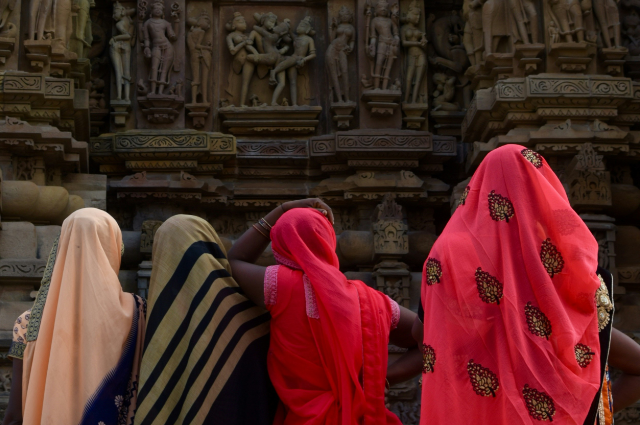
Photo by Srimathi Jayaprakash on Unsplash
Forgotten History
I have been delving deep into the worlds of Devadasis and Jogwas,m for quite some time and I am struck by the mystique surrounding these ancient practitioners. For centuries, they have been shrouded in mystery, their significance reduced to whispers and misconceptions. But, as I peel away the layers of myth and misunderstanding, I discover the profound importance of these women in our society.
The Devadasis: Temple Dancers and Divine Embodiments
Originating in southern India over 2,000 years ago, the Devadasis were revered for their artistic prowess and spiritual devotion. They embodied the essence of the goddess, channeling her energy through dance, music, and poetry. Their performances were not mere entertainment but a sacred offering, bridging the mortal and divine realms.
The Jogwas: Guardians of Tradition and Celibate Devotees
In contrast, the Jogwas, also known as Jogatis or Basavis, hail from the Deccan Plateau. These women, too, were dedicated to the worship of the goddess, but their practices were more austere. They renounced worldly pleasures, embracing a life of celibacy and spiritual discipline. Their role was that of guardians, protecting the traditions and customs of their communities.
Cultural and Religious Significance
Both Devadasis and Jogwas were integral to their respective societies, serving as cultural and religious ambassadors. They preserved ancient traditions, passing them down through generations. Their expertise in music, dance, and storytelling kept alive the myths and legends of their people.
Busting Myths and Misconceptions
Yet, over time, misconceptions and myths have shrouded these women. They were often reduced to mere courtesans or prostitutes, their sacred roles distorted by colonial and patriarchal biases. But, I ask you, dear reader, can we truly comprehend the significance of these women by viewing them through the lens of modern morality?
Agency and Resilience
As I explore their history, I am struck by the resilience and agency of Devadasis and Jogwas. They were not mere victims of circumstance but powerful agents of change. They navigated the complexities of their societies, using their art and spirituality to challenge and subvert oppressive norms.
Devadasis and Jogwas are not relics of a bygone era but guardians of our collective cultural heritage. Their importance extends beyond their historical context, speaking to the very fabric of our society. As we strive to understand and appreciate their significance, let us remember the words of the great Indian poet, Muthuswami Dikshitar:
"The goddess is not just a deity, but the embodiment of our collective consciousness."
May we honor the legacy of these women by embracing their wisdom and preserving their traditions for generations to come.
